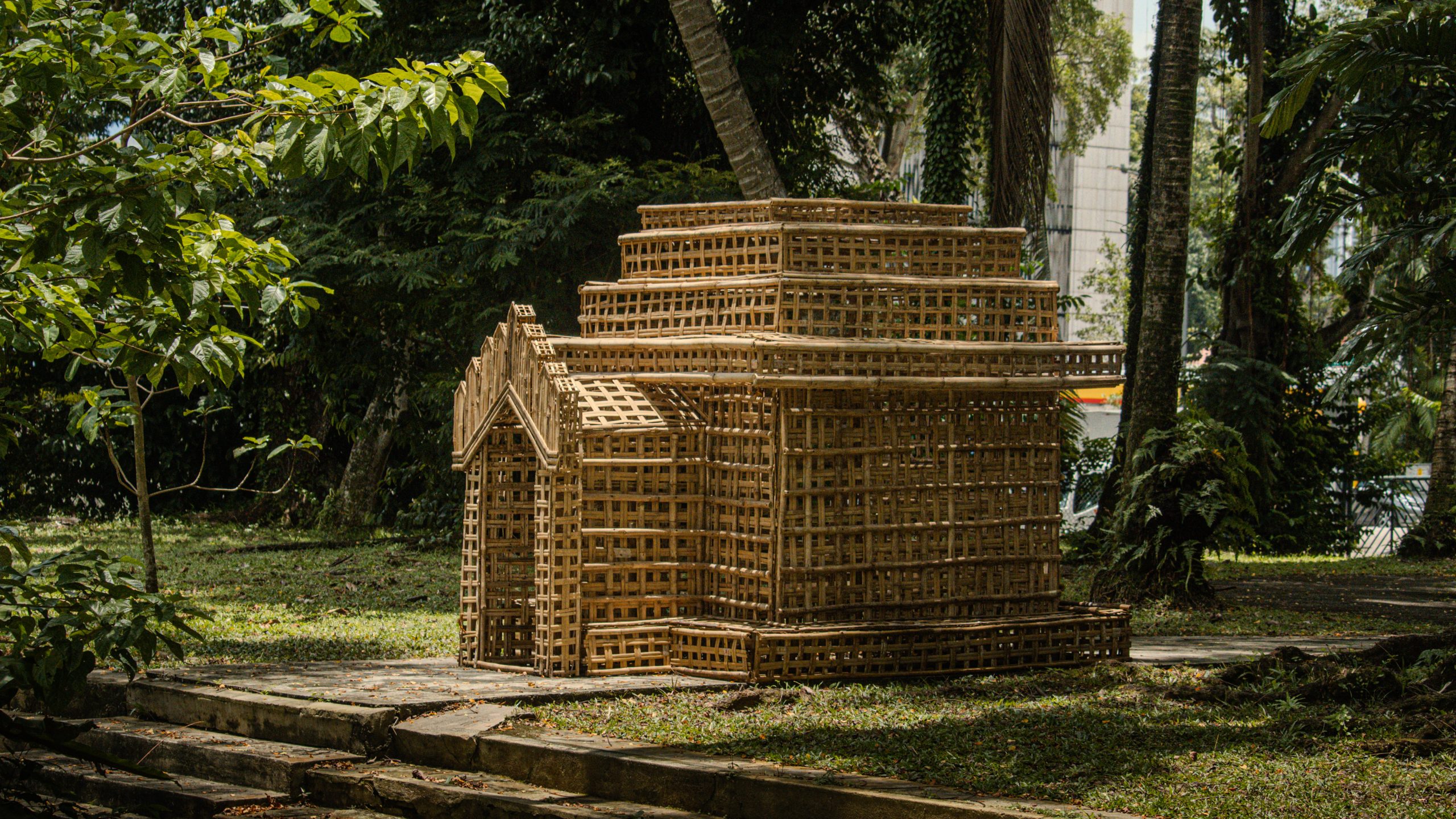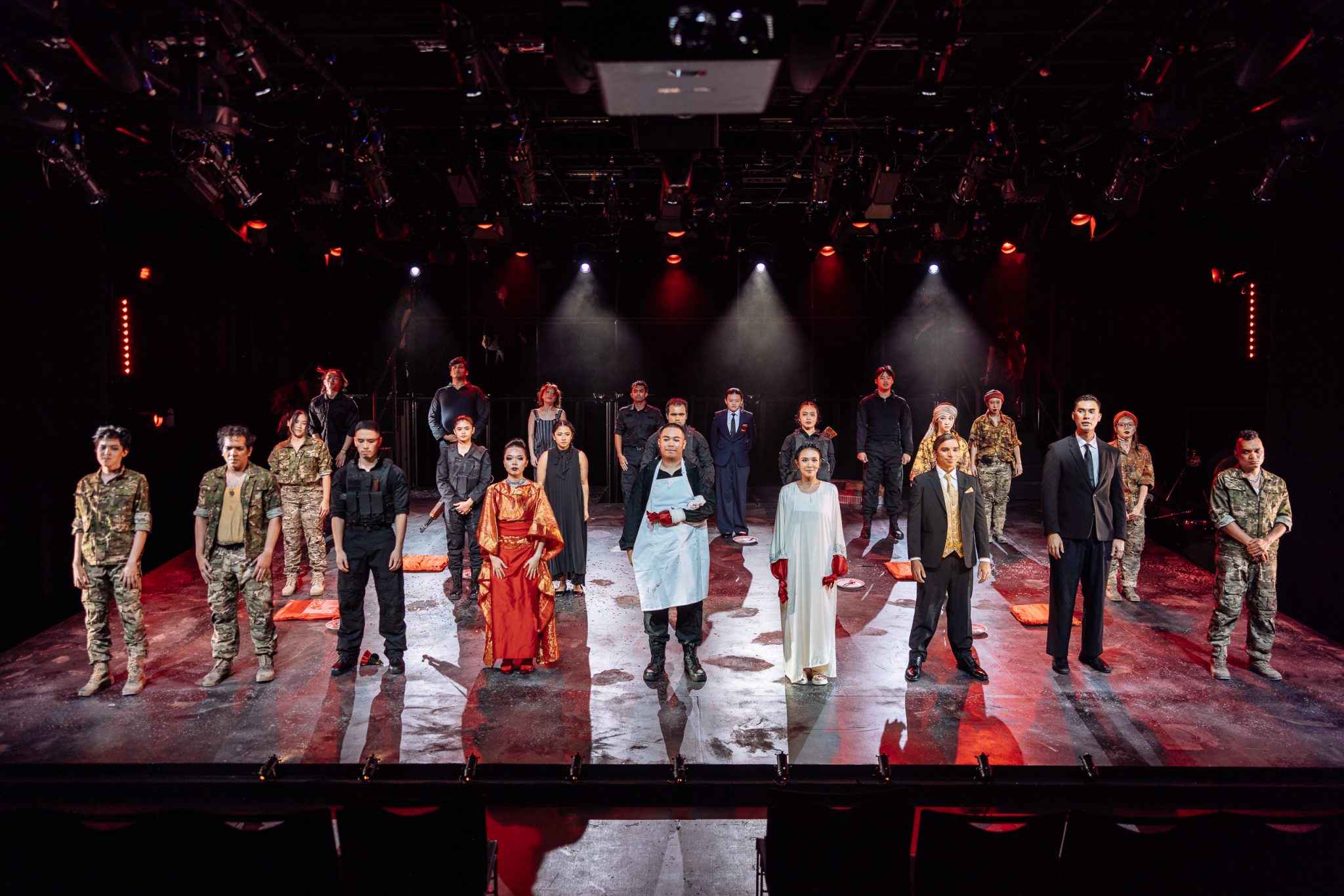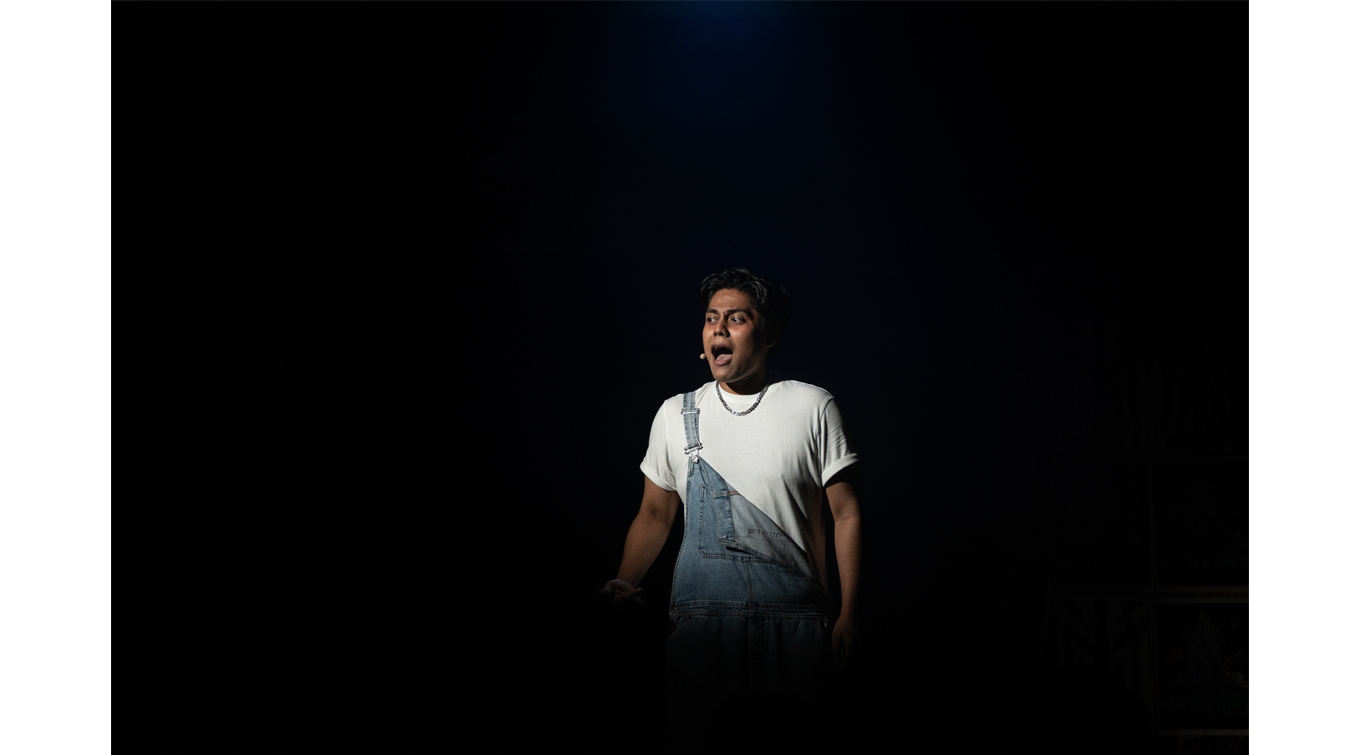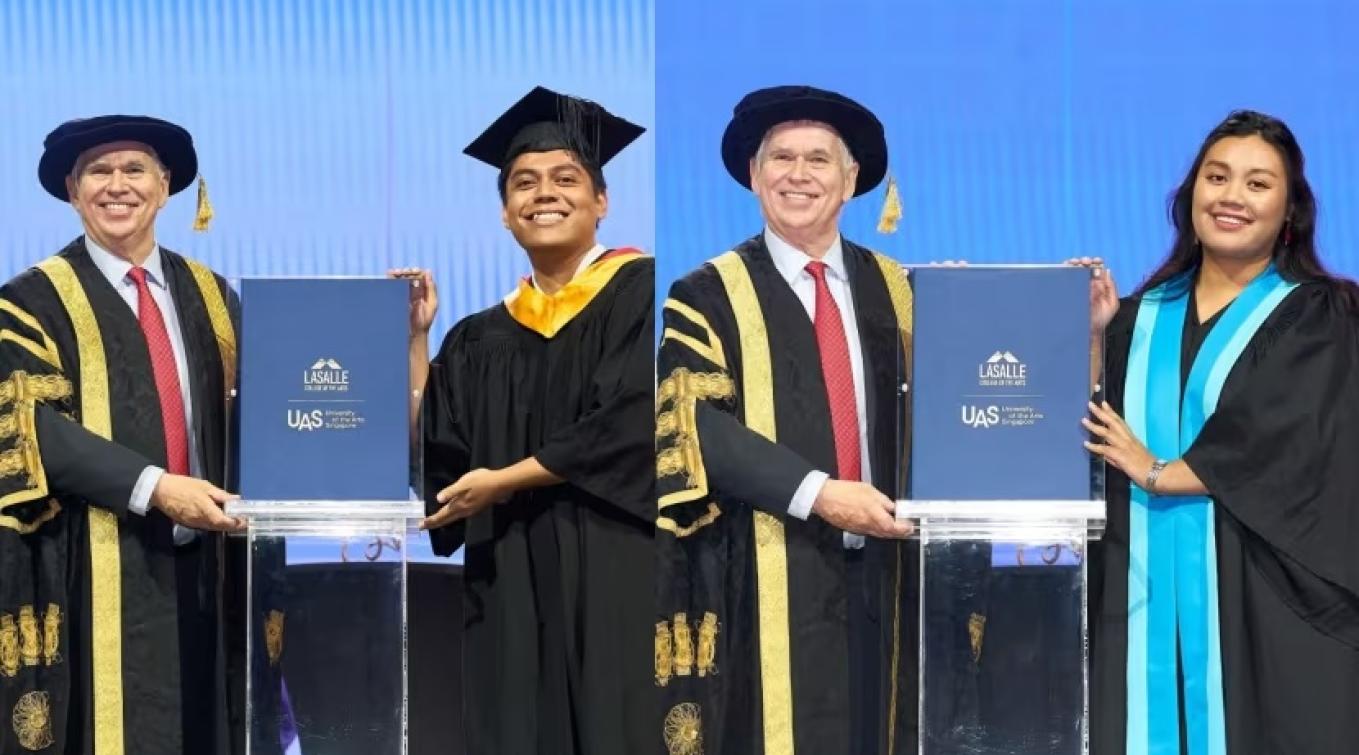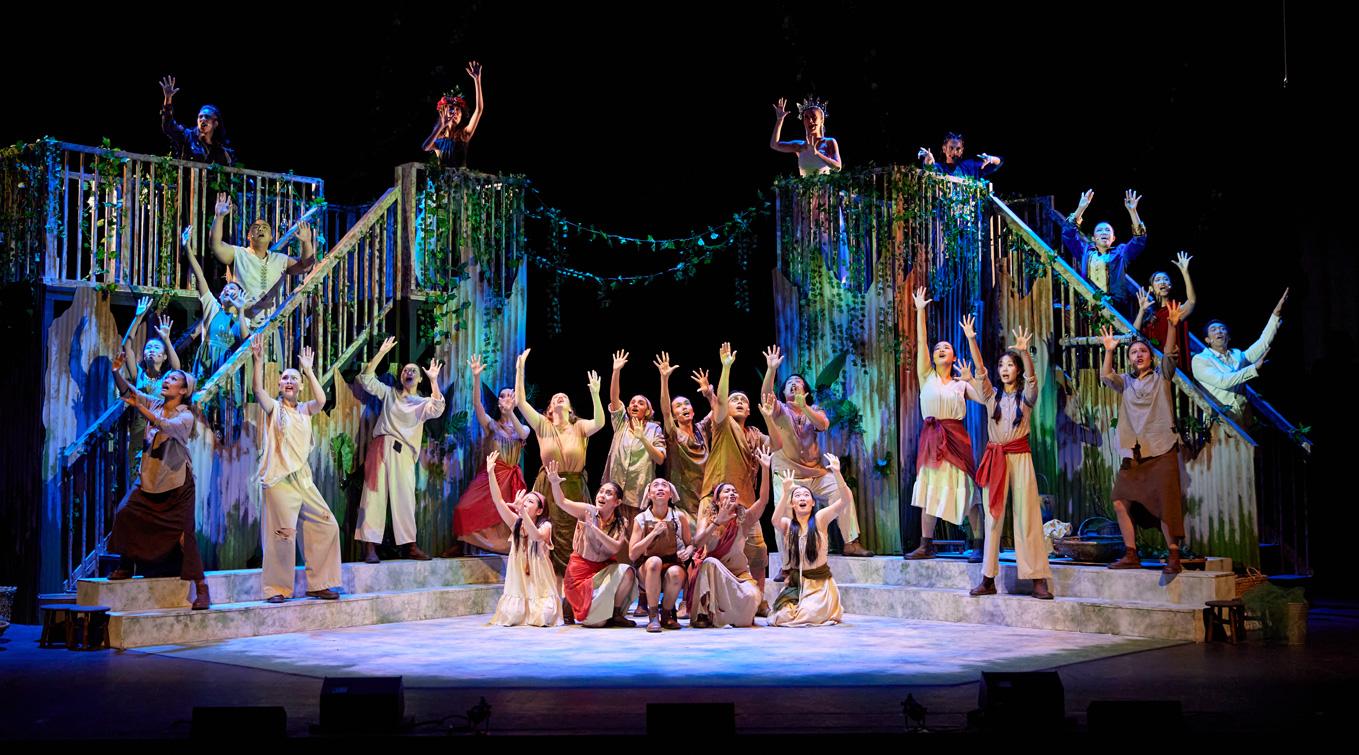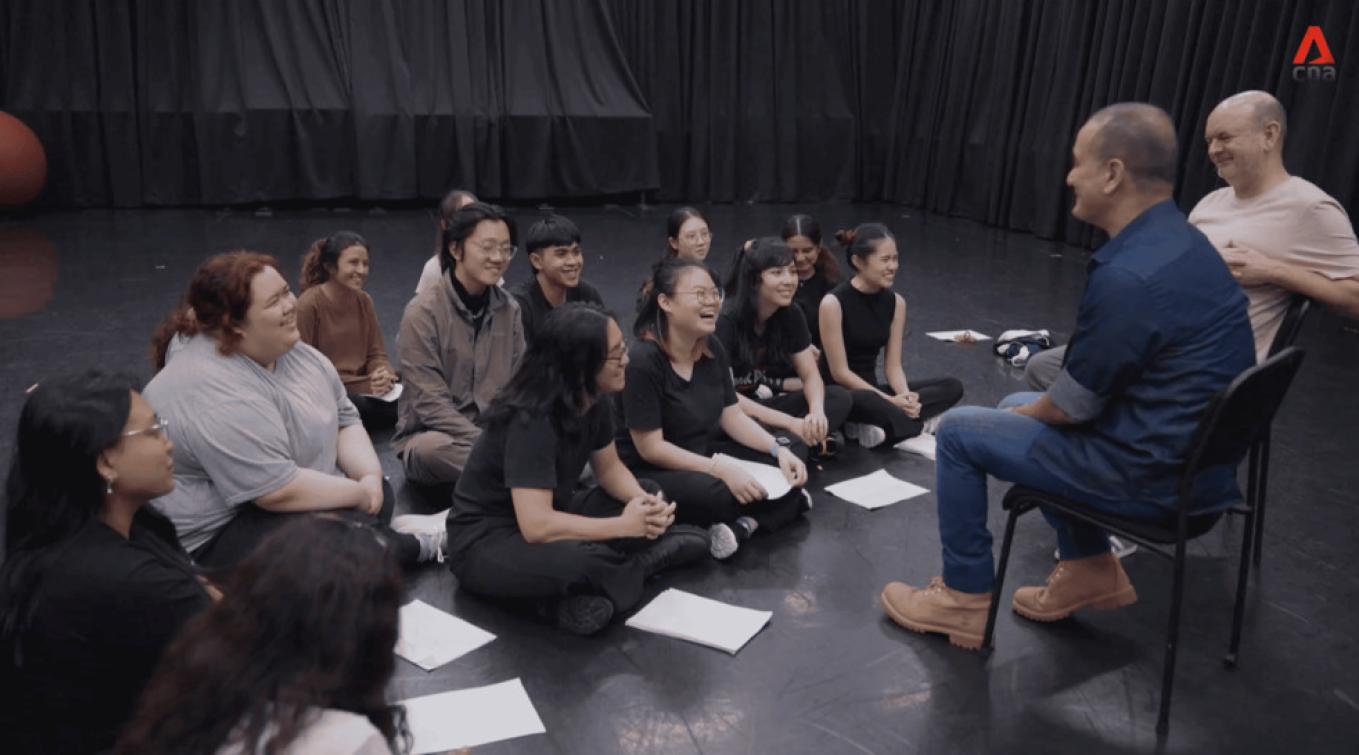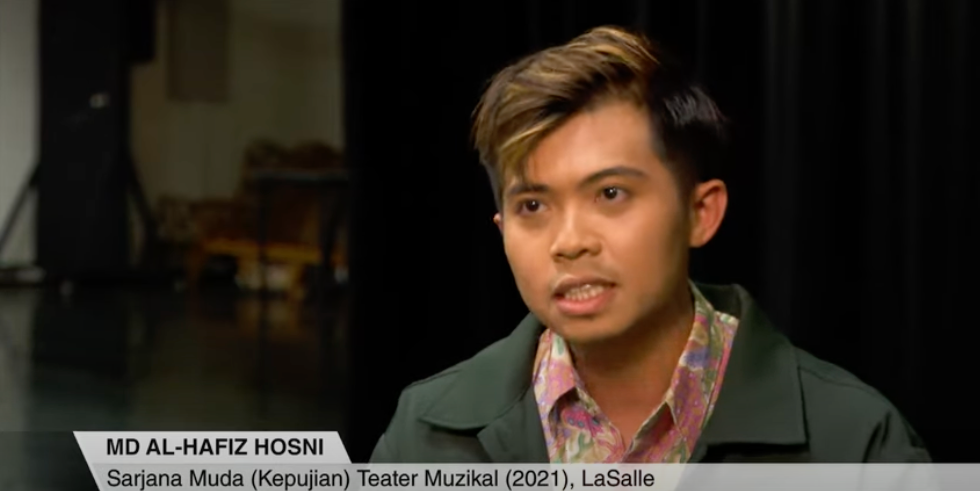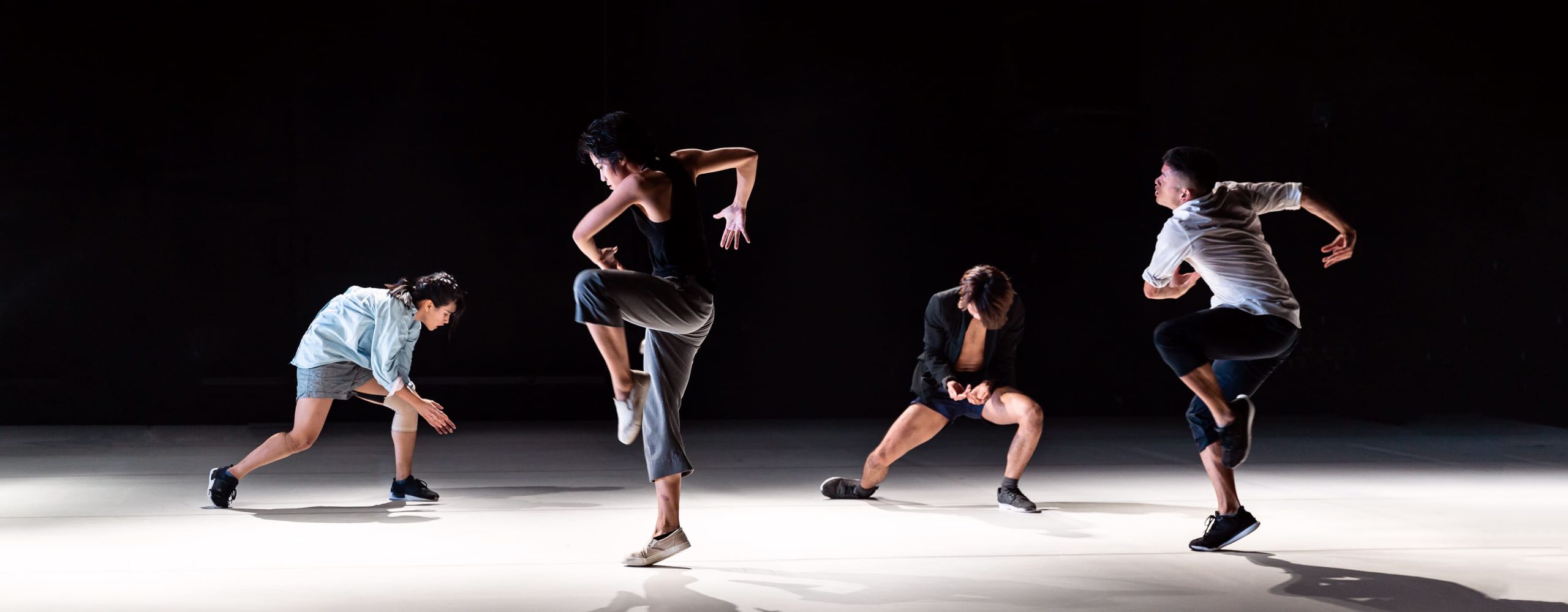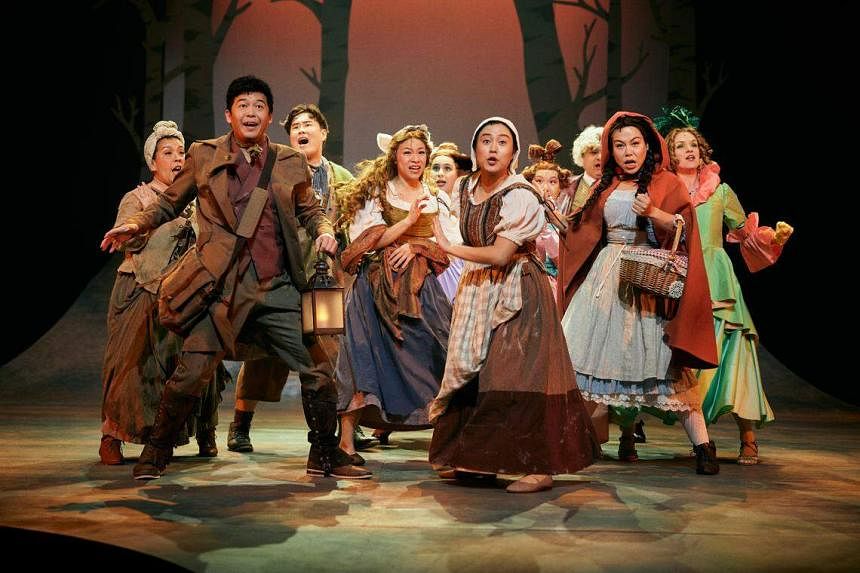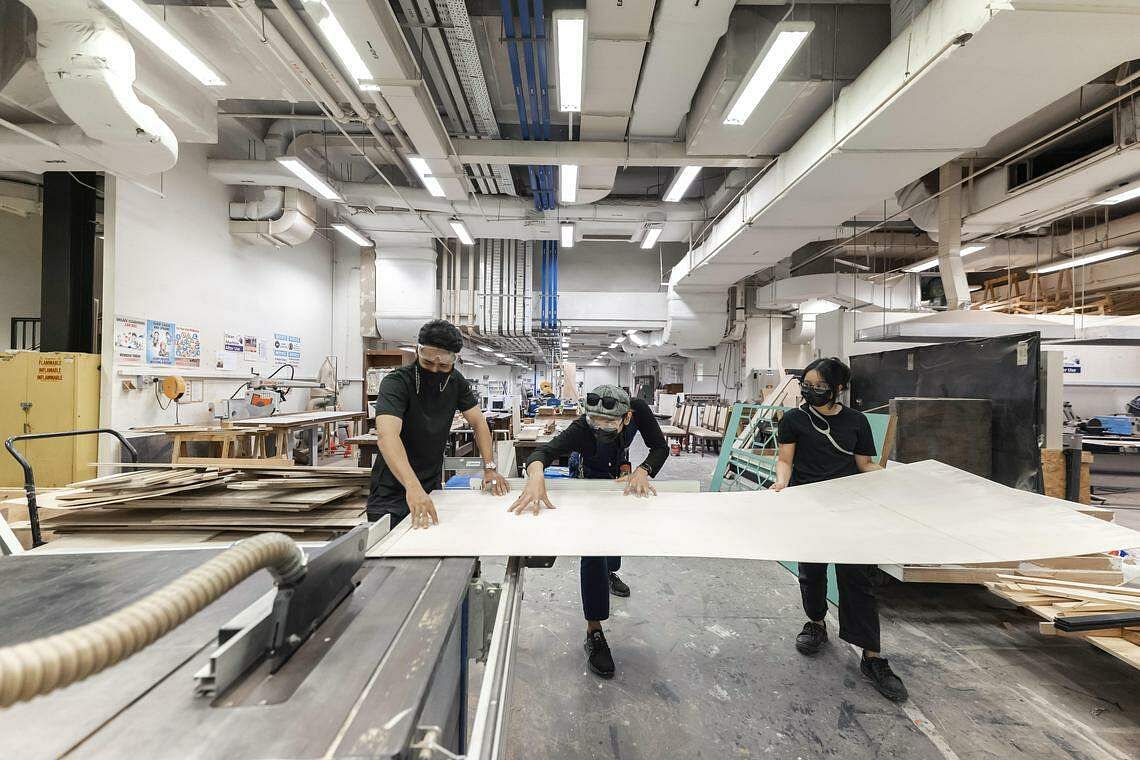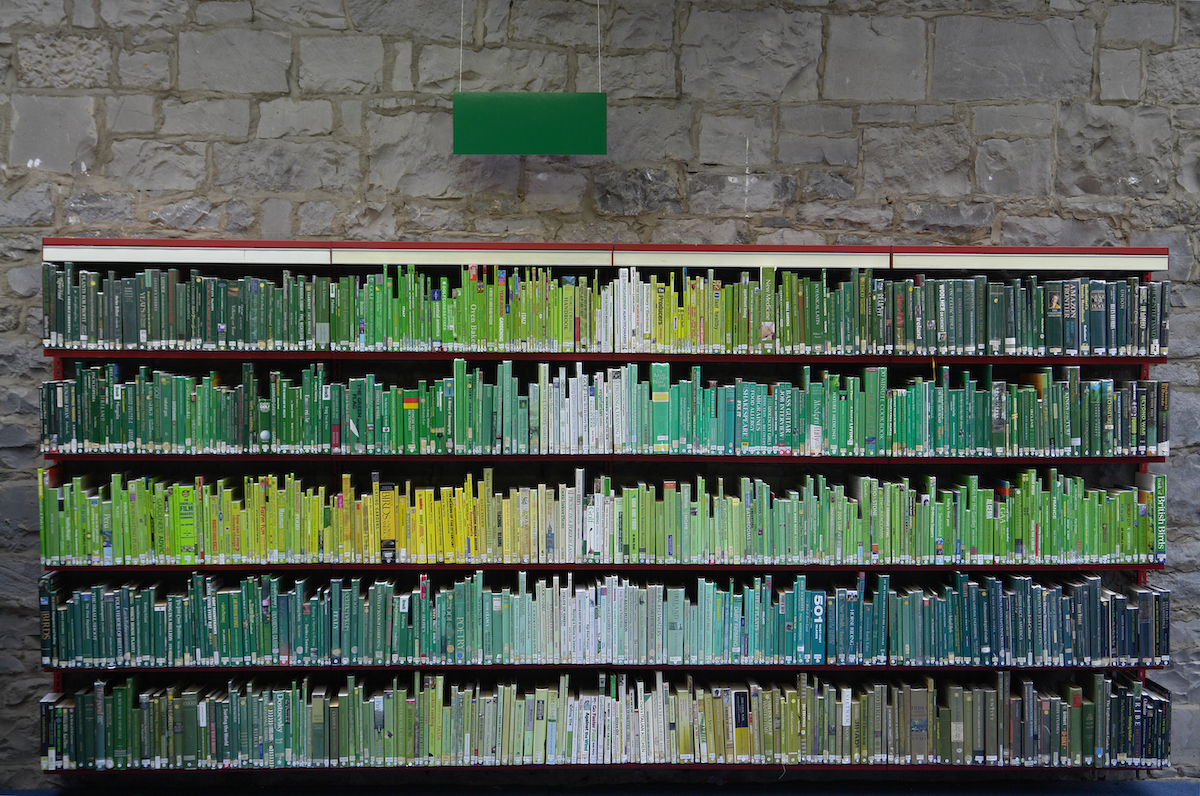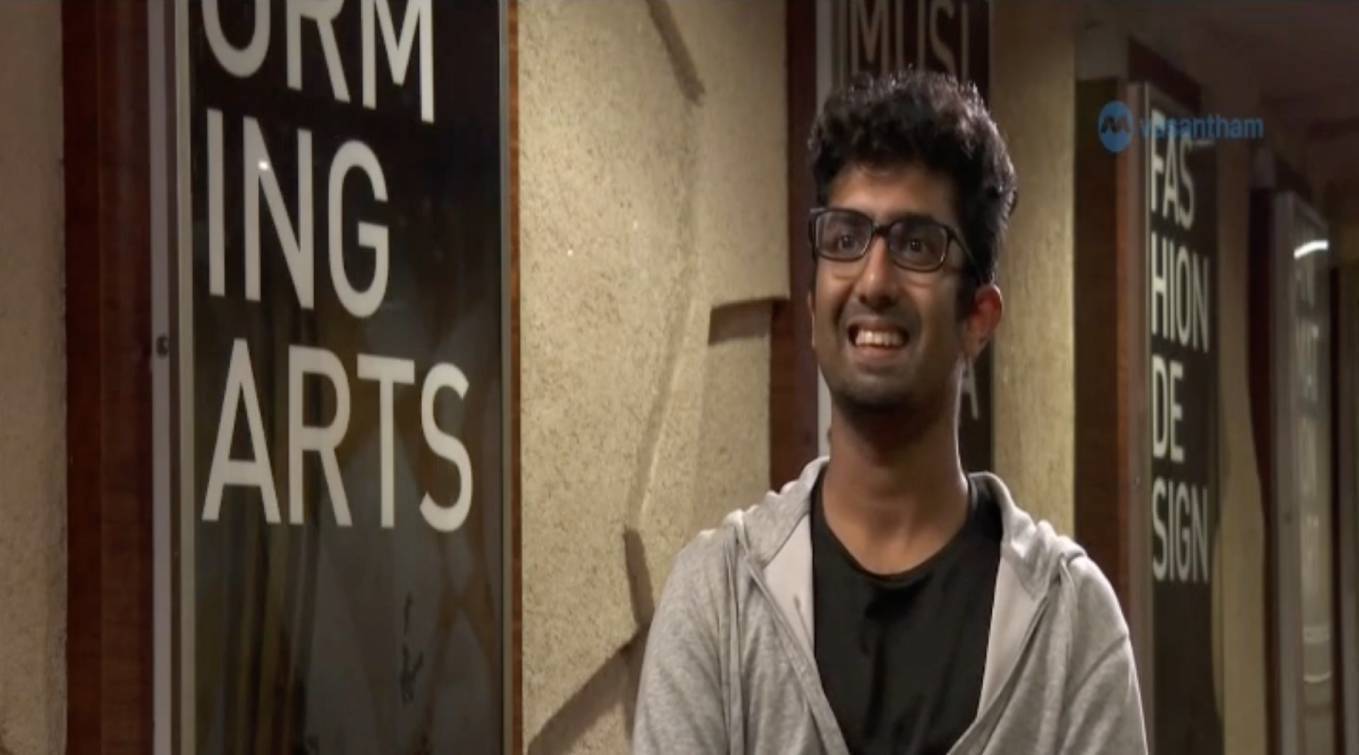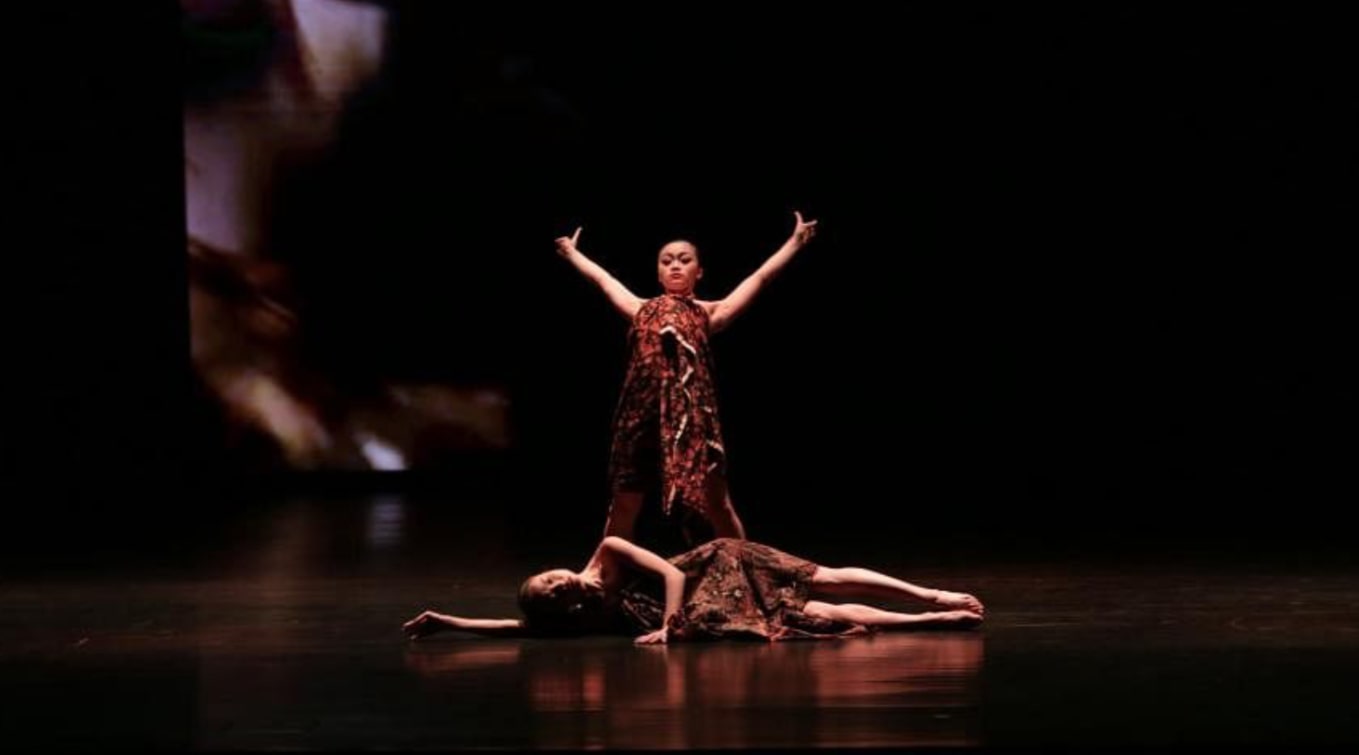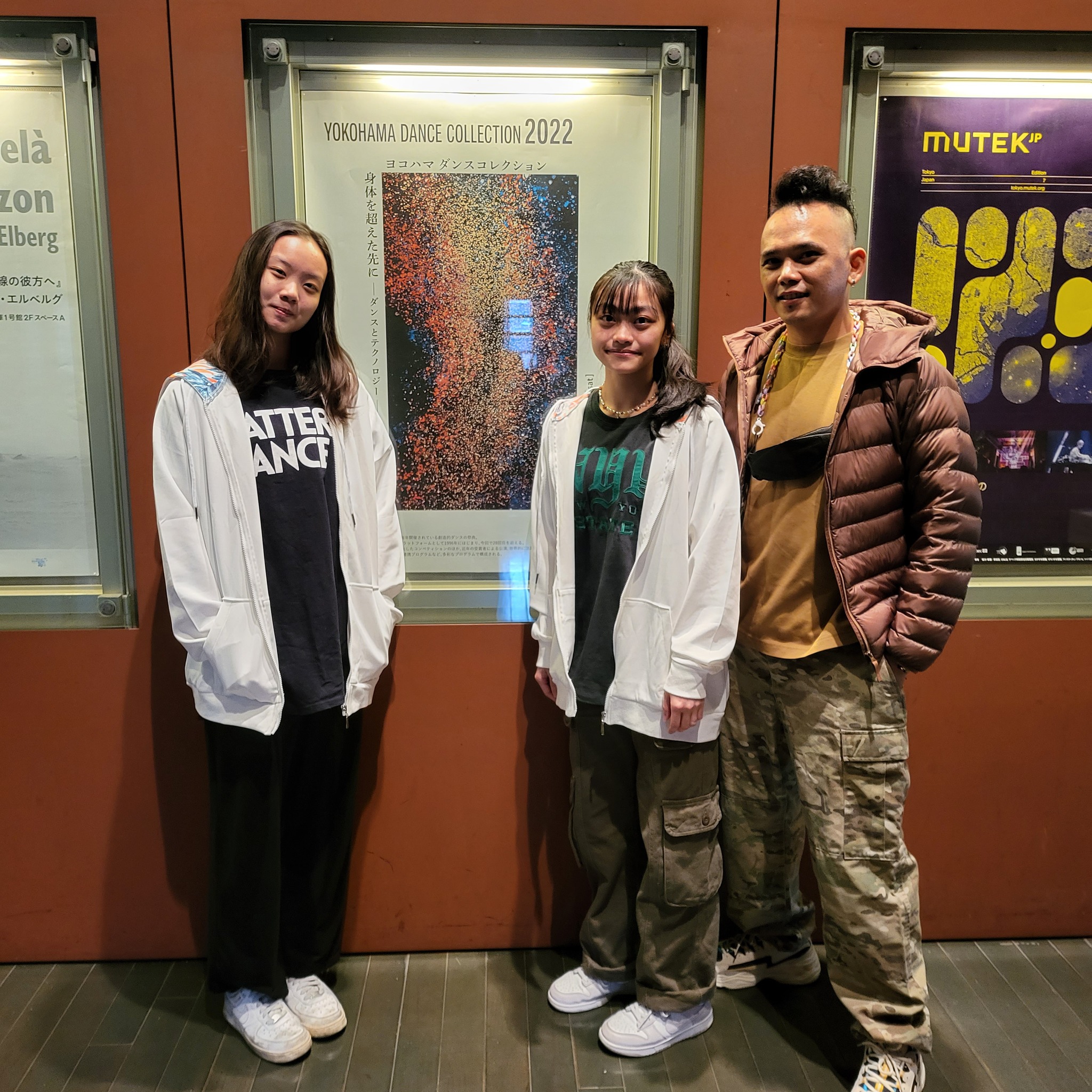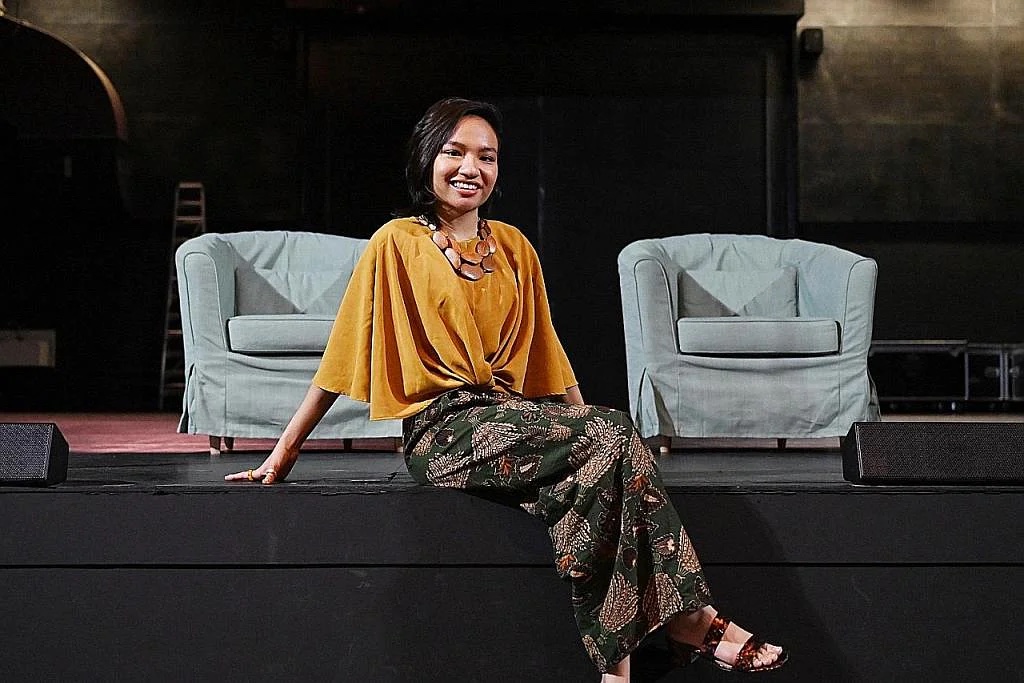The Business Times: Performing arts in a high-tech, post-pandemic world
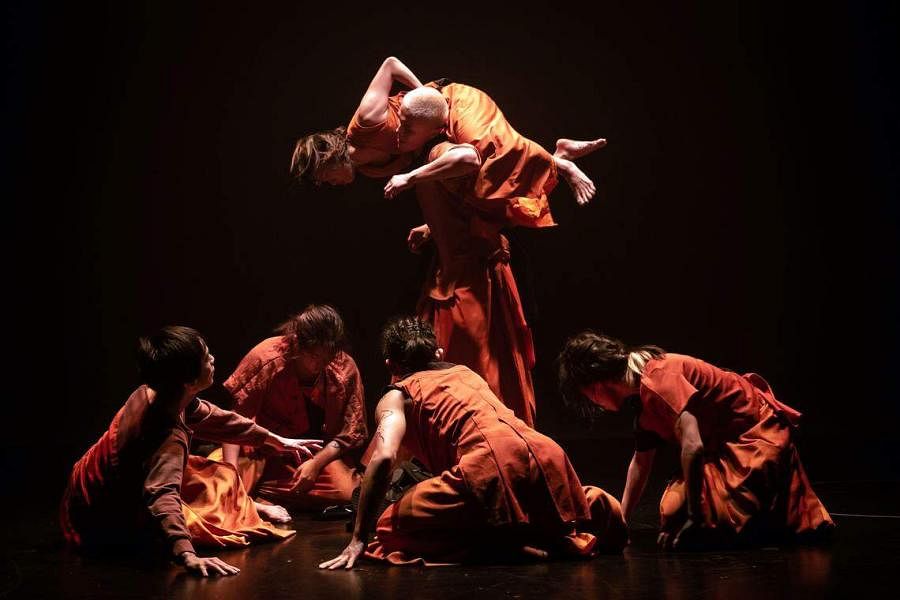
The Covid-19 pandemic forced the performing arts industry to explore new ways of artistic expression, with many artists turning to technology to overcome the challenges posed by closed borders and shuttered performance venues. While the pandemic caused immense disruption to the industry, it also opened up exciting opportunities for hybrid and digital workarounds and innovative practices that I believe are worth sustaining.
We must continue to pursue new avenues of artistic expression. We have learnt that cross-border collaborations can be achieved remotely, with artists in different parts of the world able to collaborate without having to travel to a central location. This new-found freedom of cross-border collaboration which improves accessibility should be further explored and developed in the post-pandemic world.
To build on the three pillars of Our SG Arts Plan (2023-2027), recently unveiled by the National Arts Council (NAC), we need to continue to explore technology which has the potential to enhance audience experiences rather than hinder them. Digital works can be quite prescriptive (compare a televised recording of a musical such as Hamilton to the live show) – as a viewer, someone else decides what you look at and what you enjoy, which is not the case during a live performance.
Conversely, in a production like 2021’s (un)becoming presented by T:>Works Festival of Woman NOW, technology enhanced the experience by providing a dimension that would not be possible in a traditional theatre setting. At one point, multiple performers shared their computer screens and the audience chose which screen to see. There was a sense of being granted privileged access into a person’s private life. Technology offered fascinating insight into the characters, while interactivity gave the audience a sense of agency.
Virtual reality (VR) can also empower audiences. During the pandemic, The Human Expression Dance Company transformed their 2019 contemporary dance production, PheNoumenon, into an interactive experience with VR goggles, with audience members choosing what to watch, which dancer to see, or to rewatch specific scenes.
Grants, swiftly offered and issued by the NAC throughout the pandemic years, included a digital element, which has had a lasting effect on the industry. Digital creative output is now seen as something that can be and should be funded. Hybrid presentations are now acceptable, all sorts of new forms of expression are considered fundable and the NAC is actively encouraging the use of technology to increase audience outreach or efficiency.
Finally and perhaps most importantly, I would like to see care and empathy continue to flourish among the arts community in Singapore. We were brought together by common struggles during the pandemic. Companies that may have been fiercely competitive pre-2020 began to cooperate and collaborate. Individual, independent artists worked closely together and artists helped their contemporaries, in an effort to support one another.
The pandemic also sparked a renewed discourse around care practices, examining how we as artists take care of ourselves and look after our physical and mental well-being, and the ethics of care towards the audience as well. These are conversations we need to keep having.
These days, as we return to theatres, the physicality of how we interact in shared spaces takes on ever-greater importance. Greater interactivity is now facilitated by innovative new venues, such as the Singtel Waterfront Theatre at the Esplanade. Physicality will always be an important part of performance, but there is no reason to see the physical and digital as opposed binaries.
As artists, we are in this collectively to create work that transcends differences and reminds us of our shared humanity. So instead of rushing back to the pre-pandemic status quo, let us take a moment to consider how all we have learnt in the past two years can be used to bring us closer to that shared humanity, together.
About the author:
Melissa Quek is Head, School of Dance & Theatre at LASALLE College of the Arts.
Story reproduced from The Business Times. Access the original story [here]
Image: Bernie Ng




